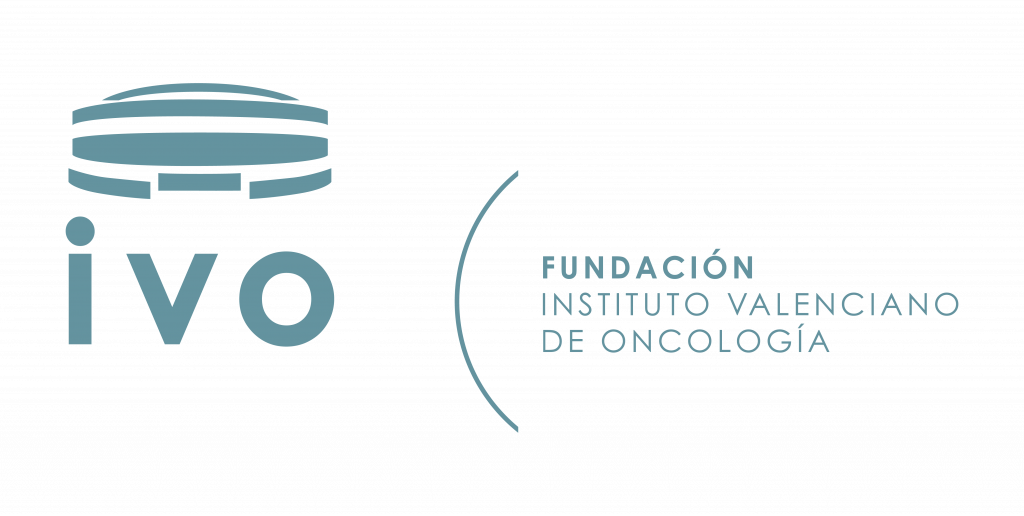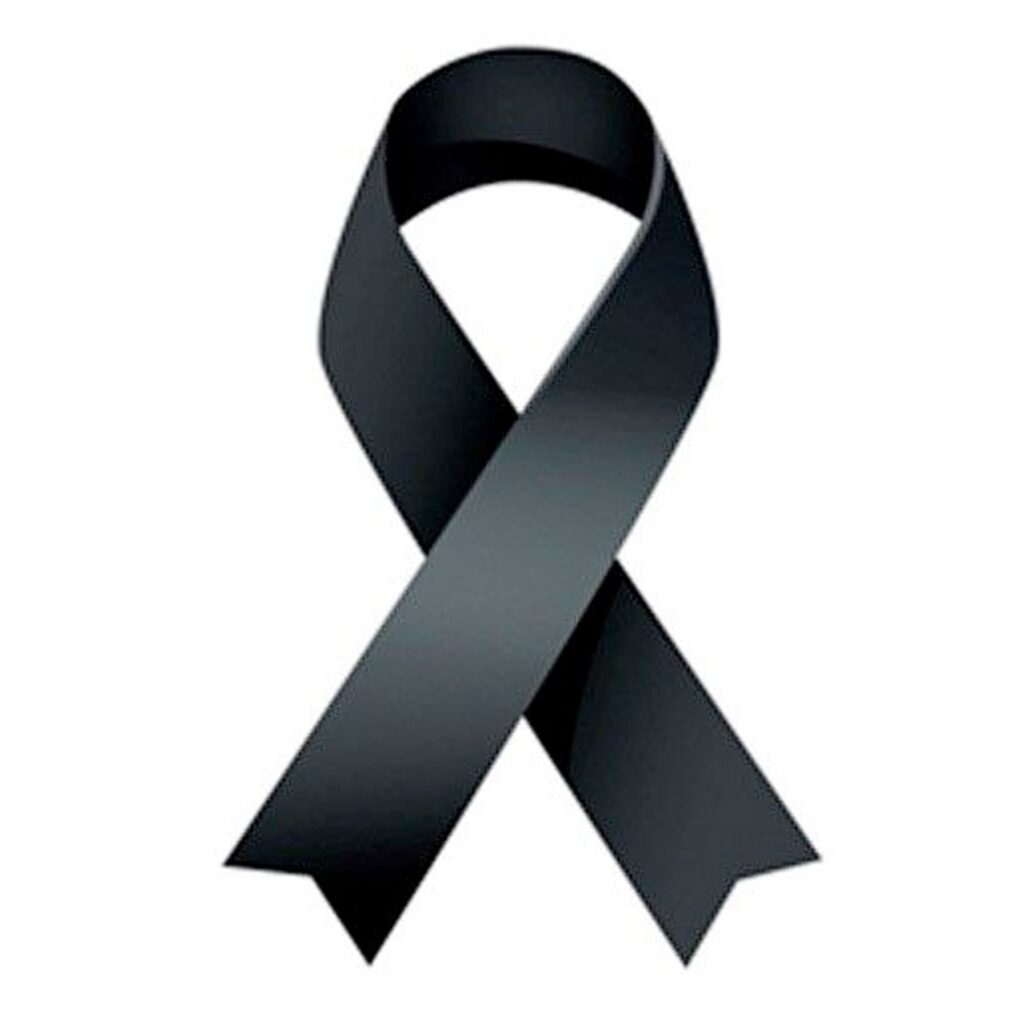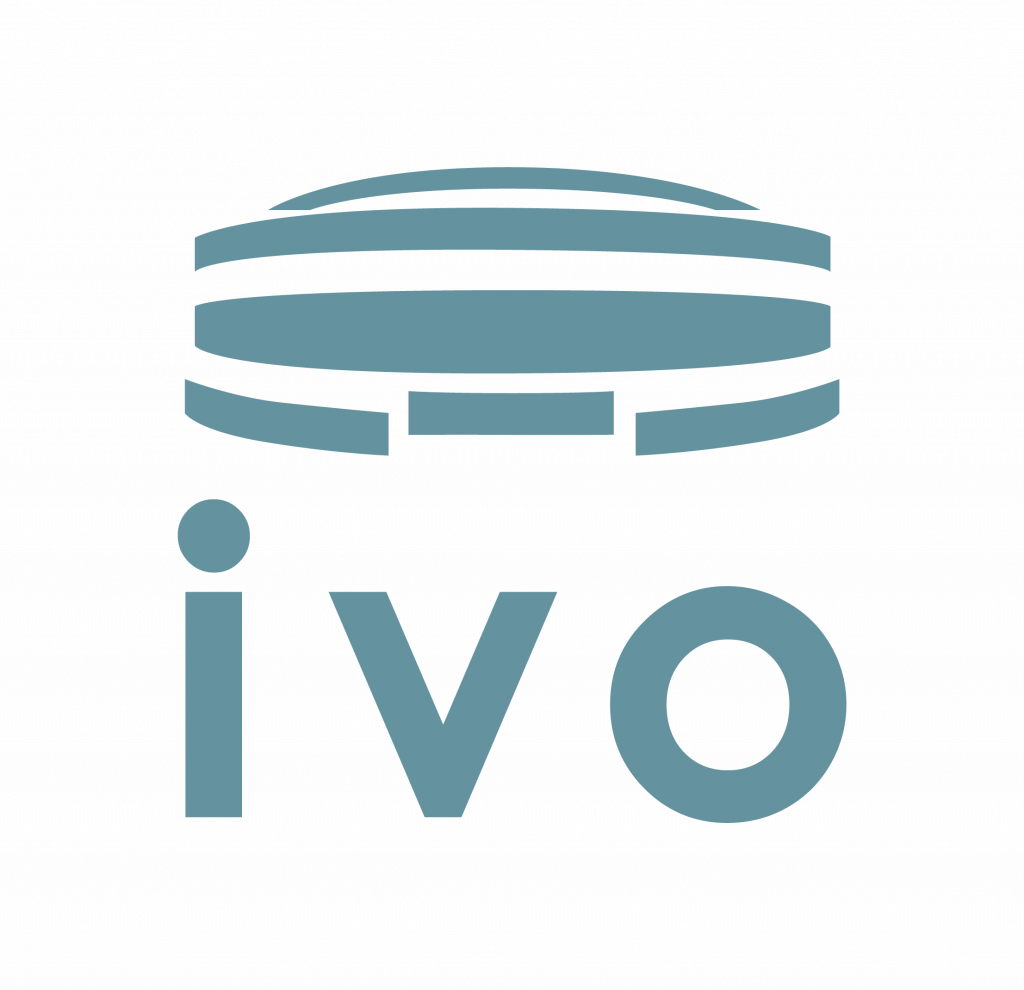The mission of the Medical Oncology Service is to provide comprehensive assistance to cancer patients. From a multidisciplinary approach, it assists the patient in the diagnosis, treatment, process evolution and subsequent follow-up.
The Service’s professional team assists the oncology patient throughout the disease process by means of a direct and personal relationship based on reciprocal trust, looking after the pathology associated with the disease and any complications arising from the treatment, and providing emotional support for patients and their families.
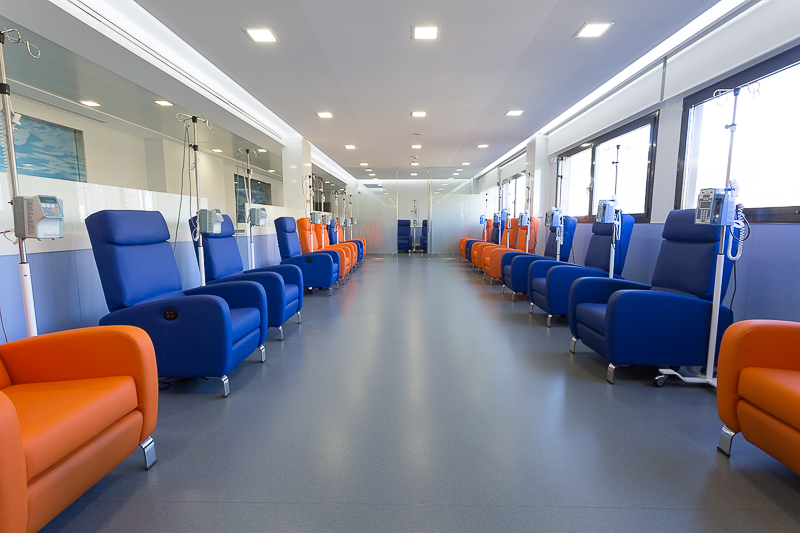
The Medical Oncology Service coordinates the care of patients with symptom control and palliative treatments as well as terminal patients, both during their hospital stay and in home hospitalisation
Medical Oncology Service, a cornerstone
The Medical Oncology Service is, in many respects, a key element for the coordination and collaboration among the different units of the Hospital.
- Genetic Counselling Unit
- Tumour Committees
- Day Hospital
- Oncology Nursing
The Genetic Counselling Unit (GCU) is part of the Medical Oncology Service. It is responsible for assessing the risk of developing hereditary cancer and advising on how to prevent it. To this end, genetic studies are carried out to identify whether or not the patient is a carrier of a genetic mutation. The unit is made up of a multidisciplinary team of professionals from different specialties: medical oncology, molecular biology, anatomical pathology, psycho-oncology, surgery, gynaecology, and nursing.
The team of professionals on the different Tumour Committees will study the different therapeutic strategies and decide on the optimal treatment or the most effective combination for each patient. The Tumour Committees are regulated by established protocols and are made up of a multidisciplinary team of professionals from the main specialties depending on the type of tumour: medical oncology, radiation oncology, surgery, radiodiagnosis, nuclear medicine, anatomical pathology, molecular biology, psychology, nursing, etc.
The Day Hospital is where intravenous treatments are administered to oncohaematological patients who require them. The unit’s facilities and equipment have recently been refurbished to create a bright and quiet space to make the patient’s stay more comfortable. It currently has a large, partitioned treatment room, two single rooms, and an area with two beds for patients undergoing Phase I clinical trials that require specific supervision.
Oncology Nursing is essential in the care of cancer patients. This is why the team of nurses and assistants at the Day Hospital have a high level of specialisation, knowledge, sensitivity and understanding of the situation of cancer patients and have the necessary skills to provide care with special attention to the control and monitoring of the treatments’ symptoms and side effects, offering emotional support.
The Medical Oncology Service coordinates the care of patients with symptom control and palliative and terminal treatment, both during their stay in hospital and in home hospital care.
Coordinating and Personalising Treatments
The main role of the medical oncologist is to coordinate and personalise the most appropriate medical treatments for each patient. There are many tools available for dealing with oncological diseases.
Systemic Treatments
The primary systemic treatment is chemotherapy, aimed at eliminating cancer cells. Other treatments include hormone therapy, immunotherapy and targeted therapies (antitarget drugs).
Research Activity of the Medical Oncology Service
The research activity of the Medical Oncology Service is a national benchmark. It currently takes part in more than 100 Clinical Trials every year with anticancer drugs in different tumours in Phase I as well as in Phases II and III: breast cancer, gynaecological cancer, prostate cancer, lung cancer, sarcomas, melanoma, etc.
The IVO Medical Oncology Department has participated in the development of most of the new anticancer drugs marketed in the last 20 years and is currently one of the Spanish centres with the highest number of clinical trials with anticancer drugs.
National Medical Residency System
The Instituto Valenciano de Oncología Foundation has an accredited position for specialised medical training in Medical Oncology. See Call for applications.
The IVO's Day Hospital
The IVO’s Day Hospital provides outpatient care to meet the treatment and support needs of oncohaematological patients.
It is equipped with 47 seats, a room with two beds for treatment in the clinical trial phase, and two single rooms.
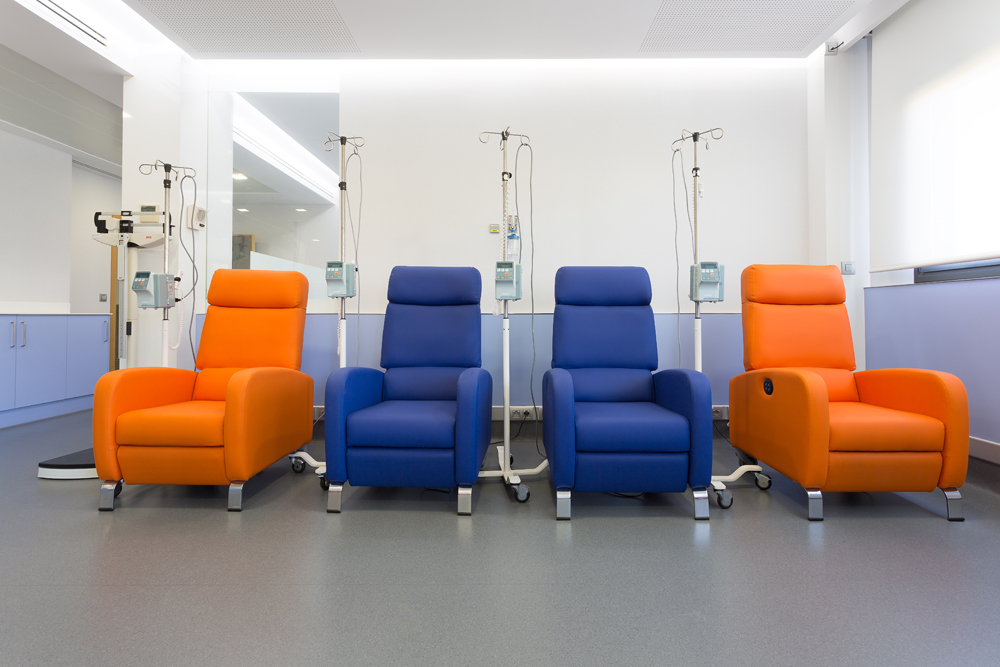
Palliative Care
Palliative care is based on coordinated teamwork at different levels of care in order to identify and provide assistance to those patients in particularly fragile conditions, as well as to those who provide care in their family and support network.

Medical Oncology Department Medical Team
Head of Service
Heads of Section
Dr. Miguel Ángel Climent Durán
Dr. Ángel Luis Guerrero Zotano
Associated Doctors
Dr. Héctor Augusto Aguilar Andino
Dr. Salvador Blanch Tormo,
Dra. Cristina Hernando Meliá
Dra. María José Juan Fita
Dr. David Lorente Estellés
Dr. Marcos Melián Sosa
Dra. María Del Rocío Ramírez Belloch
Dr. Ignacio Romero Noguera
Dr. Vicente Ruiz Cordero
Dr. Sergio Sandiego Contreras
Dr. Ricardo Yaya Tur
